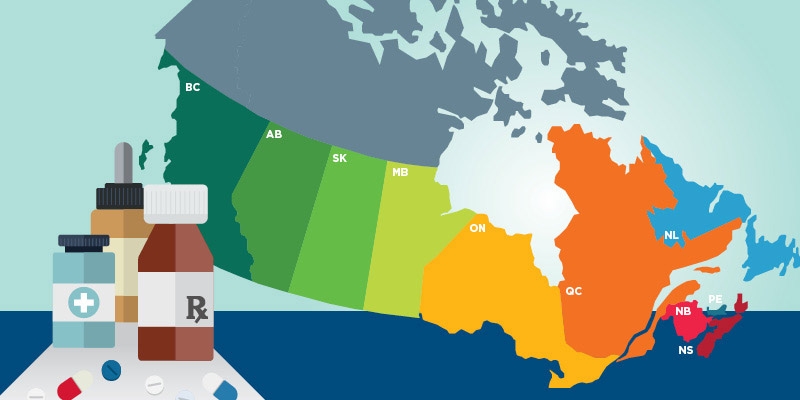Think Tank says Federal government risks ignoring existing provincial drug insurance plans in push for national program
Despite widespread misperceptions, every province already provides prescription drug coverage to help Canadians—particularly seniors and lower-income Canadians—pay for pharmaceuticals, finds a new study released today by the Fraser Institute, an independent, non-partisan Canadian public policy think-tank.
“Much of the discussion about a possible national pharmacare plan seemingly assumes there’s no existing government help for Canadians to pay for medicines they need—but that’s just not true,” said Bacchus Barua, associate director of health policy studies at the Fraser Institute and co-author of Provincial Drug Coverage for Vulnerable Canadians.
The study summarizes provincial drug programs across the country and finds that, while levels of coverage vary by province, three key vulnerable groups, namely lower-income Canadians, seniors, and Canadians on social assistance have access to prescription drugs, paid in full or in part by provincial governments.
Provincial governments across Canada also provide drug coverage to select populations who may face considerable hardships as a result of either their medical care costs or other factors including the severely disabled and those diagnosed with conditions like multiple sclerosis and cystic fibrosis.
Crucially, provinces are able to establish prescription drug plans to suit their particular priorities, population age, income levels and other factors, which differ from province to province. This customization would likely be lost or at least diluted if Canada adopts a national program.
“Provinces can tailor drug plans to suit their individual needs, but a single-payer national pharmacare system would put an end to that,” said Yanick Labrie, a senior fellow with the Fraser Institute who specializes in health and pharmaceutical economics.
“Instead of a drug program modelled on our inflexible health-care system, we should instead seek to understand what gaps exist in our provincial plans and target resources to Canadians who need assistance.”


























